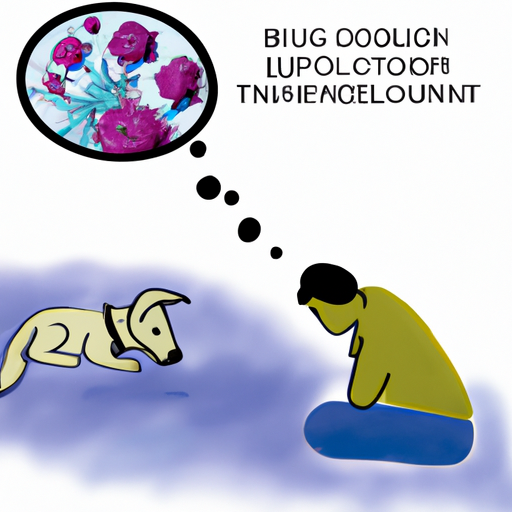Understanding E. Coli in Dogs
E. Coli, or Escherichia coli, is a type of bacteria that is commonly found in the intestinal tract of both humans and animals. Most strains of E. Coli are harmless and are part of the normal flora of the gut. However, some strains can cause serious illness, and dogs are not immune.
As a caregiver, your understanding of how dogs can contract E. Coli is crucial. This bacteria can be responsible for various health issues in dogs, including urinary tract infections, diarrhea, septicemia, and kidney failure.
The Different Ways Dogs Can Contract E. Coli
- Ingesting Contaminated Food or Water – Dogs can easily contract E. Coli by consuming food or water that is contaminated with the bacteria. This could be from eating spoiled food, drinking from a contaminated water source, or even from eating grass that has been contaminated with feces.
- Contact with Infected Animals or Humans – If your dog comes into contact with another animal or a human who is infected with E. Coli, they can contract the bacteria. This can happen through shared toys, bedding, or direct contact.
- Poor Hygiene – Dogs that do not have access to clean living conditions are at a higher risk of contracting E. Coli. This includes dogs that live in overcrowded conditions, such as in puppy mills or shelters.
Symptoms of E. Coli Infection in Dogs
Just as in humans, the symptoms of an E. Coli infection in dogs can vary significantly. Some dogs may show no signs of illness at all, while others may become seriously ill. Here are some of the most common symptoms to watch out for:
- Diarrhea (which may be bloody)
- Loss of appetite
- Lethargy
- Vomiting
- Abdominal pain
- Fever
- Dehydration
Treating and Preventing E. Coli Infections in Dogs
The treatment for an E. Coli infection in dogs will depend on the severity of the symptoms. In mild cases, your vet may recommend supportive care at home, such as feeding a bland diet and ensuring your dog stays hydrated. In more severe cases, hospitalization and aggressive treatment may be necessary.
Prevention is always better than cure. Here are some steps you can take to reduce your dog’s risk of contracting E. Coli:
- Feed a balanced diet and avoid raw food diets, which can increase the risk of bacterial contamination.
- Ensure your dog has access to clean, fresh water at all times.
- Regularly clean and disinfect your dog’s living area, toys, and bedding.
- Avoid crowded, unsanitary living conditions.
- Regularly monitor your dog for signs of illness and seek veterinary care if needed.
FAQ
Q: Can humans contract E. Coli from dogs?
A: Yes, humans can contract E. Coli from dogs, although it’s not very common. The risk is higher for people with weakened immune systems.
Q: Can E. Coli in dogs be fatal?
A: In severe cases, E. Coli can be fatal to dogs, especially if left untreated. If your dog shows signs of an E. Coli infection, it’s crucial to seek veterinary care immediately.
Q: How is E. Coli diagnosed in dogs?
A: E. Coli is diagnosed in dogs through a variety of tests, including a complete blood count, urinalysis, and fecal examination. In some cases, your vet may also recommend an abdominal ultrasound or x-ray.
Q: Can vaccines prevent E. Coli in dogs?
A: Currently, there are no vaccines available to prevent E. Coli in dogs. The best prevention is maintaining good hygiene and providing a healthy diet and living conditions for your dog.



